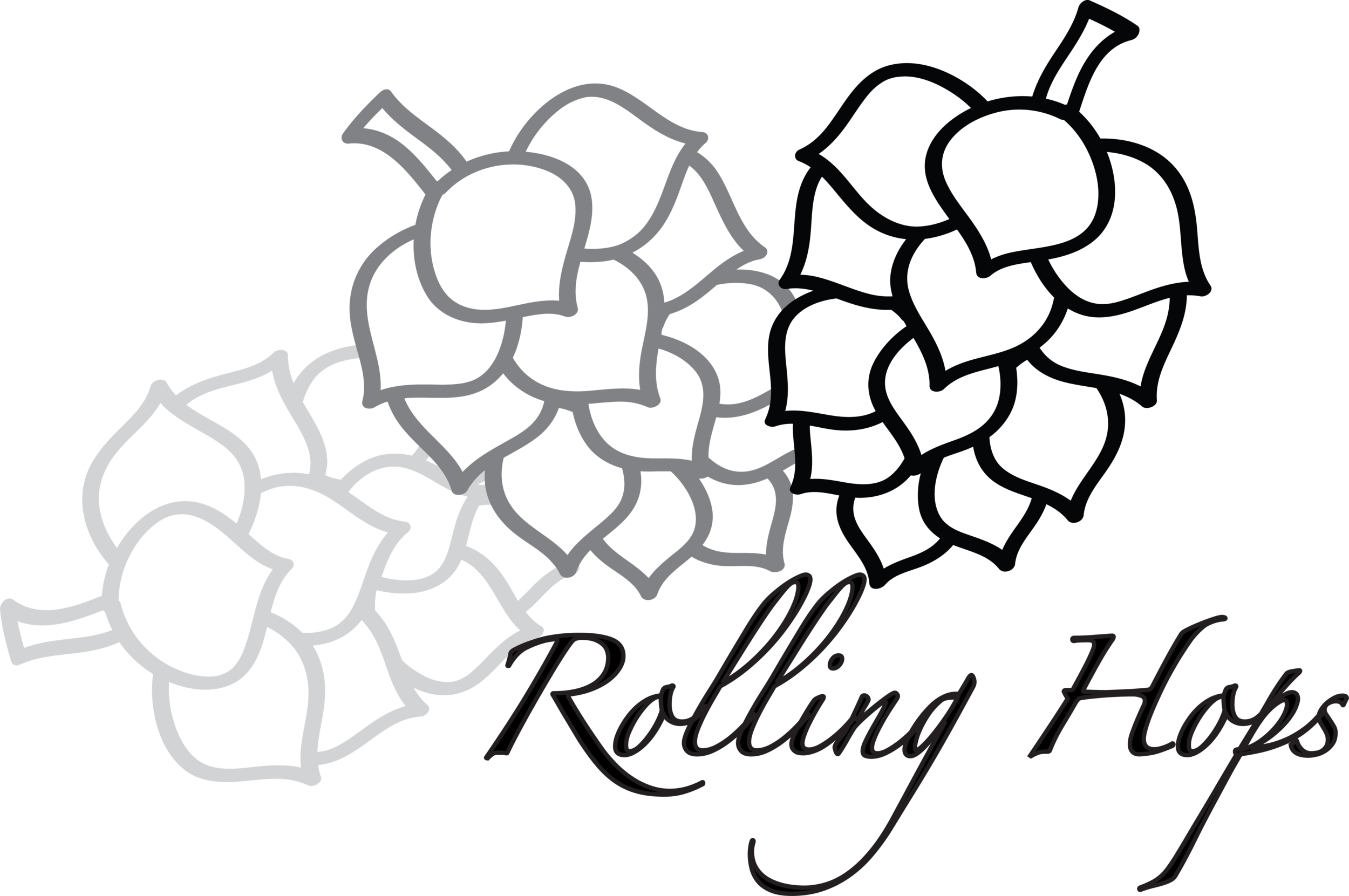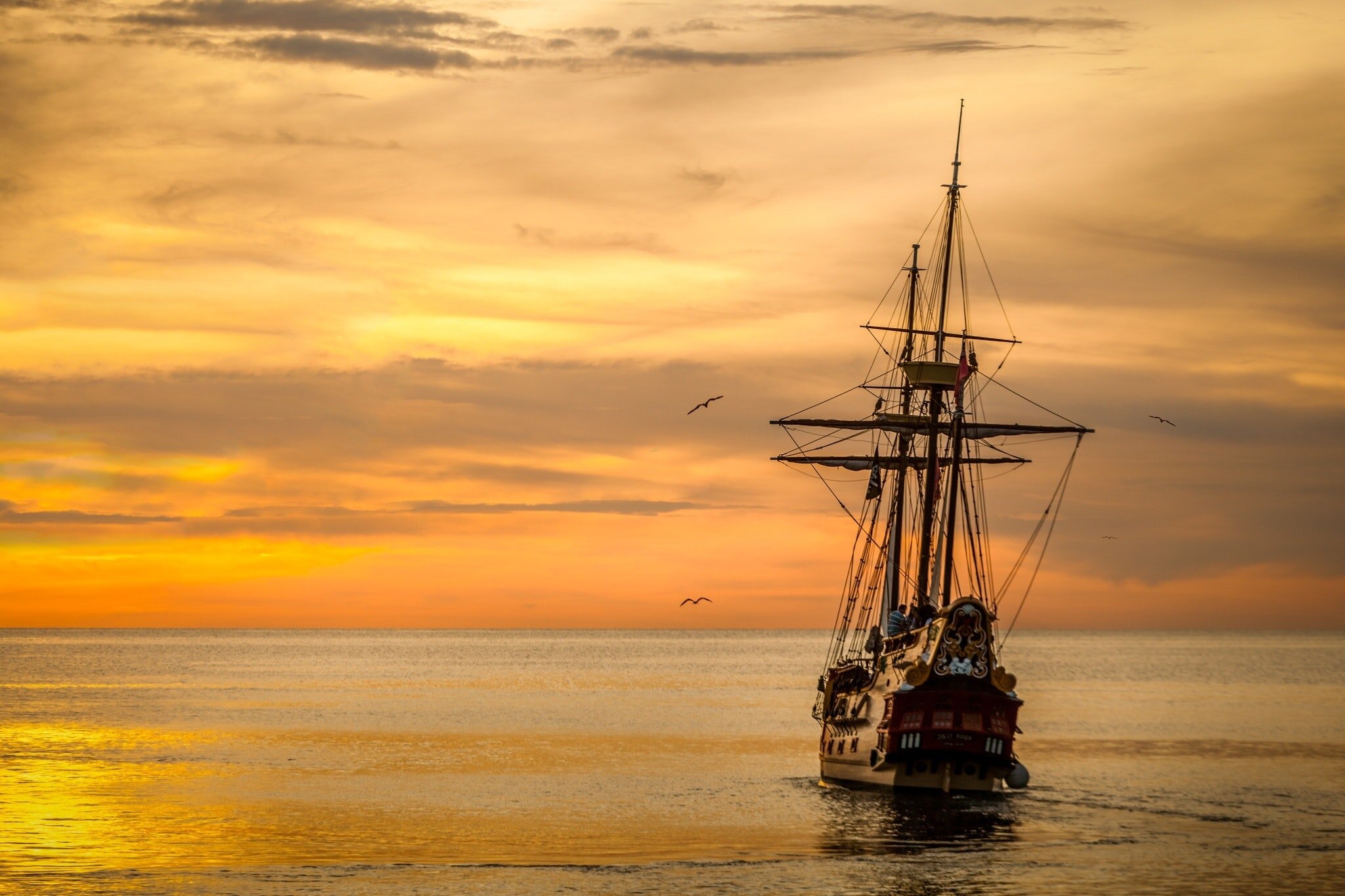A Nation Of Beer: England
England. A country like no other. The home of London, one of the world’s most exciting metropoles, as well as breathtaking beauty in its natural countryside. As a tourist, there’s much to see and do. And for those who call England home, know of its eclectic characteristics and bold uniqueness.
Suffice to say that the brewing history of England is one of the strongest and most profound in the world. When one thinks of twenty-first century English culture, a great portion of the nation’s fabric seems to be woven so beautifully by its historic love of beer. Don’t believe us? Think we’re stereotyping? Well potentially, and of course we must confess there may be just a little bit of stereotyping in this video, as we’re more than conscious in the fact that many Englishmen and Englishwomen don’t like beer at all, and would much rather indulge themselves in a tranquil cup of tea as opposed to any beverage containing alcohol (as you can see, the stereotypes continue). Even in this nation of dedicated tea drinkers, it becomes clear that beer is not far behind in terms of its place on English tables. When one saunters through the busy streets of London, or the small towns scattered across the British Isles, it’s never too difficult to find a cozy pub ready and willing to wet their thirsty client’s whistle. In 2019 the country consumed over 47 million hectolitres of beer, for perspective, this could fill close to 1,900 olympic size swimming pools.
The English like their beer. If you’ve been doing something, and doing it well, for such a long time, why stop when you’re ahead. So when did the English start their love affair with their frothly companion? To answer this, we must go back in time.
England can boast about its strong beer culture, as it’s brewing pedigree goes back certainly beyond two thousand years. The first record of a brewer existing in England, is that of Atrectus cervesarius (Atrectus the brewer) around 100 AD. These records show Atrectus selling his beer to Roman soldiers occupying what we now know today as Northern England. However, it’s widely believed that England’s brewing heritage spanned well before Roman occupation, and was a product of a broader Celtic tradition.
With the greater quantity of written evidence in the last millennium, we know that beer became increasingly available in England in the Middle Ages, and probably also served as a large supply of a typical English citizen’s daily caloric intake. Early English traditions would have individuals consuming beer from inns and taverns, where the beer was typically made on site. As we draw nearer to the flourishing age of the Industrial Revolution, it became more common for drinking establishments to sell commercially brewed beer. These technological and mechanical advances brought about the ability to experiment and innovate.
Perhaps the most enjoyed English beer in the 1700s was that of the porter. A dark rich ale that could be mass produced and fermented at commercial breweries, as opposed to being sent out prematurely and have the fermentation process be the responsibility of those businesses that purchased the beer.
The expansion of the British Empire (to which England served its principal component) had perhaps one of the greatest impacts on popularizing and commercializing beer around the globe. In it’s height, the British had seized control of the greatest portion of land out of any empire in history and thus made British subjects of almost a quarter of the world’s population. This created great opportunity to English brewers, particularly with exporting their prized commodity all across the empire, and the world.
In order for the British military to quench the thirst of its soldiers serving in modern day India in the late 18th and early 19th century, prominent English brewers had a logistics problem. The porter style ale served as the preferred drink of the day, however to send such a style on the arduous journey from the English shores to South Asia meant you would need it to stay fresh for the entire voyage. It did not take the cunning English brewers very long to surmise that all one would need to do is add additional preservatives to the beer in order for it not spoil. Germans had already discovered the magical hop plant that, when added to beer, would give it a much longer shelf life. The English put a healthy supply of hops into their ale to keep the beer nice and fresh, and thus birthed the revitalized craft beer style that we know and love today: The India Pale Ale (or IPA for short).
The beginning of the 20th century brought mass scale war and a rising temperance movement, resulting in higher rules and restrictions for beer sold in England and Britain’s Overseas Territories. Like global trends of mass scale industrialization, macro brewing took hold into the middle and late portions of the century, and the dominance of brewing lagers over ales, changes the drinking climate in its entirety.
But what about in modern times, what’s England’s current relationship with beer? What type of beer do the English like to drink today and what are you likely to find on a trip around Ol’ Blighty? Well it may not surprise you to find out that the Macro Breweries still rule the roost, as the most popular beer brands across England include Guinness, Stella Artois, Heineken and Budweiser. On top of this, the deep traditions of the English pub are having to adapt slightly to the burgeoning number of craft breweries popping up all over England.
Similar to the North American Craft Beer explosion, one can find this ever growing interest for English beer consumers to ‘go back to their roots,’ as it were, to imbibe in assortments of ales that were made in the location to which they frequent (let’s party like it’s 1399!).
With it’s strong brewing traditions and its openness to contemporary trends and experimentation, England is such a unique country to explore in terms of its beer culture.
Craft Beer Is Here.



